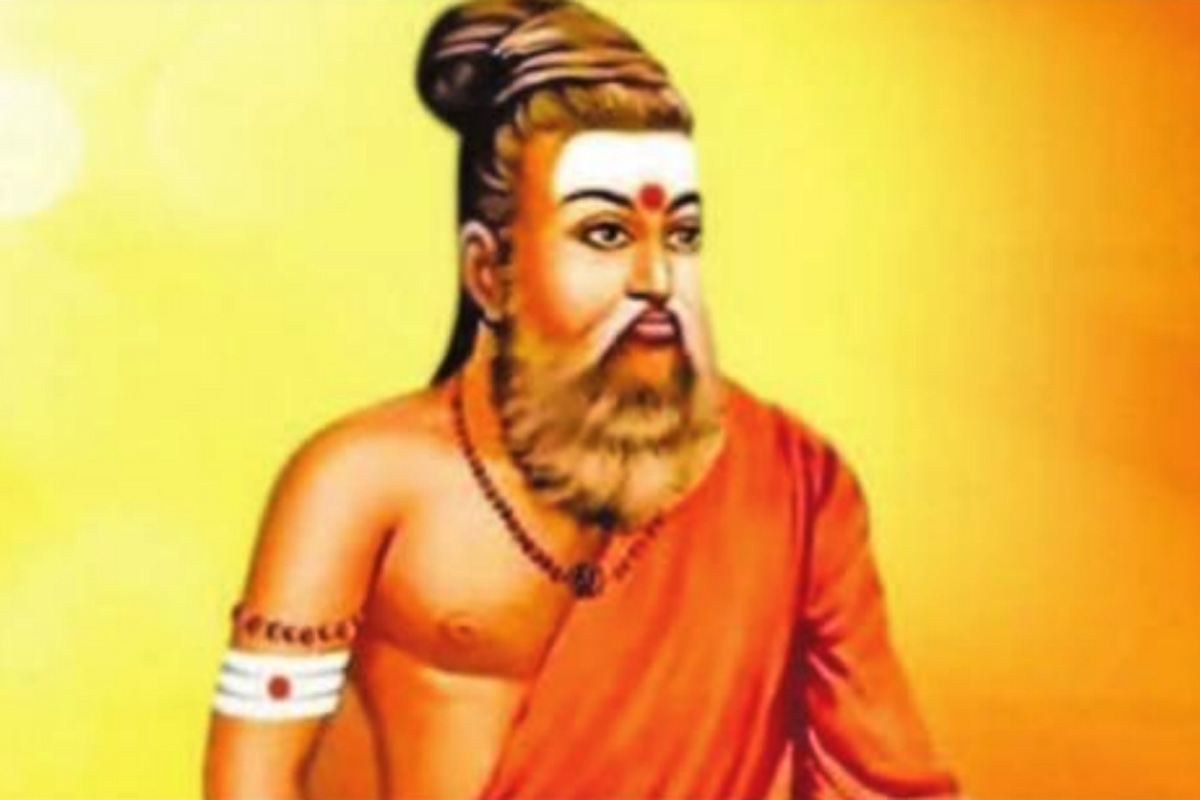Call it poetic justice. But, in this case it is literally so, not metaphorically. For, poetry is used here as a tool for justice. At a time when the DMK and state BJP are locked in a fierce political duel over the legacy of saint poet Thiruvalluvar after his statue was vandalised last week and the BJP attempted to “saffronise” it, inspector Thillai Nagarajan of Palayamkottai police station in Turunelvely used the poet to punish 49 students in a way that their career is not damaged.
At the same time he used the occasion to wage a war against caste discrimination. The students of Class XI and XII got involved in a clash in public place on 29 October and they were nabbed.
But, the inspector had a dilemma ~ should he file an FIR against them or let them go scot-free? He felt both the options were not desirable.
While an FIR might be detrimental to their career at the tender age, letting them go without punishment would certainly embolden them to indulge in bigger crimes. So, he thought up a novel punishment.
As the controversy over Thiruvalluvar is currently raging, he took a leaf from his book of poems and decided to punish them with his main corpus of poetry ~ 1,330 Thirukkural couplets.
The first 38 sections are on moral and cosmic order, the next 70 are about political and economic matters and the remaining 25 are about pleasure. Inspector Nagarajan ordered the students to write all the couplets as punishment.
He also removed the wrist bands of a few students that denoted their castes, a hideous pratice.
The police in the thana warned them stern action would be taken if they wear the wrist bands again. “The student groups clashed with each other near the Palayamkottai bus stand, creating a public nuisance. We identified the students based on CCTV footage from the area and traced them to their schools. They themselves weren’t really clear as to why they were fighting with each other,” says Mr Nagarajan.
The police then called the parents of the students to the thana and informed them of the fight. “After counselling the parents, we asked the students if anyone of them could recite a Thirukkural without the help of any book, but they couldn’t. So I told them to go back home and write all 1330 Tirukkurals and bring it back to the station the next day,” he said.
However, only a few students turned up at the police station with the Thirukkural “assignment”.
The remaining did not show up, hoping that the police would forget about the ‘punishment’. However, that wasn’t the case.
The inspector asked the students and their parents to come to the station and write all the couplets sitting there. He also directed the students to take their work to the school and submit it to the principal.
To ensure that the students followed the instruction, the police put the papers in a sealed cover. Before leaving the police station the students and the parents assured the inspector that such clashes won’t occur again.












